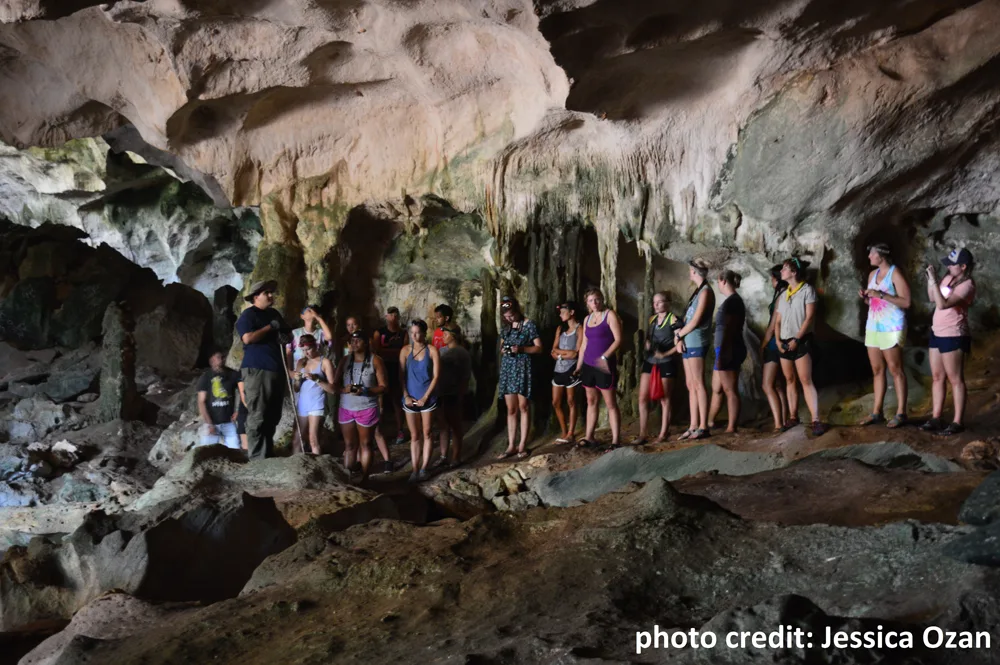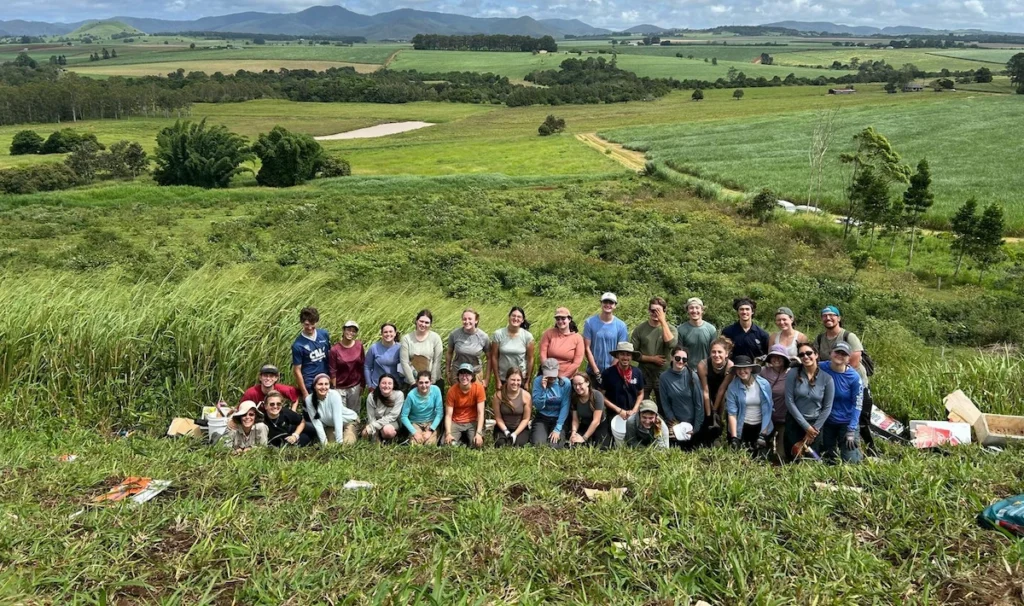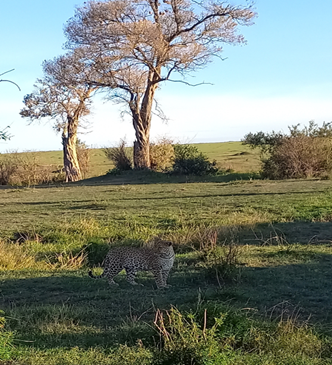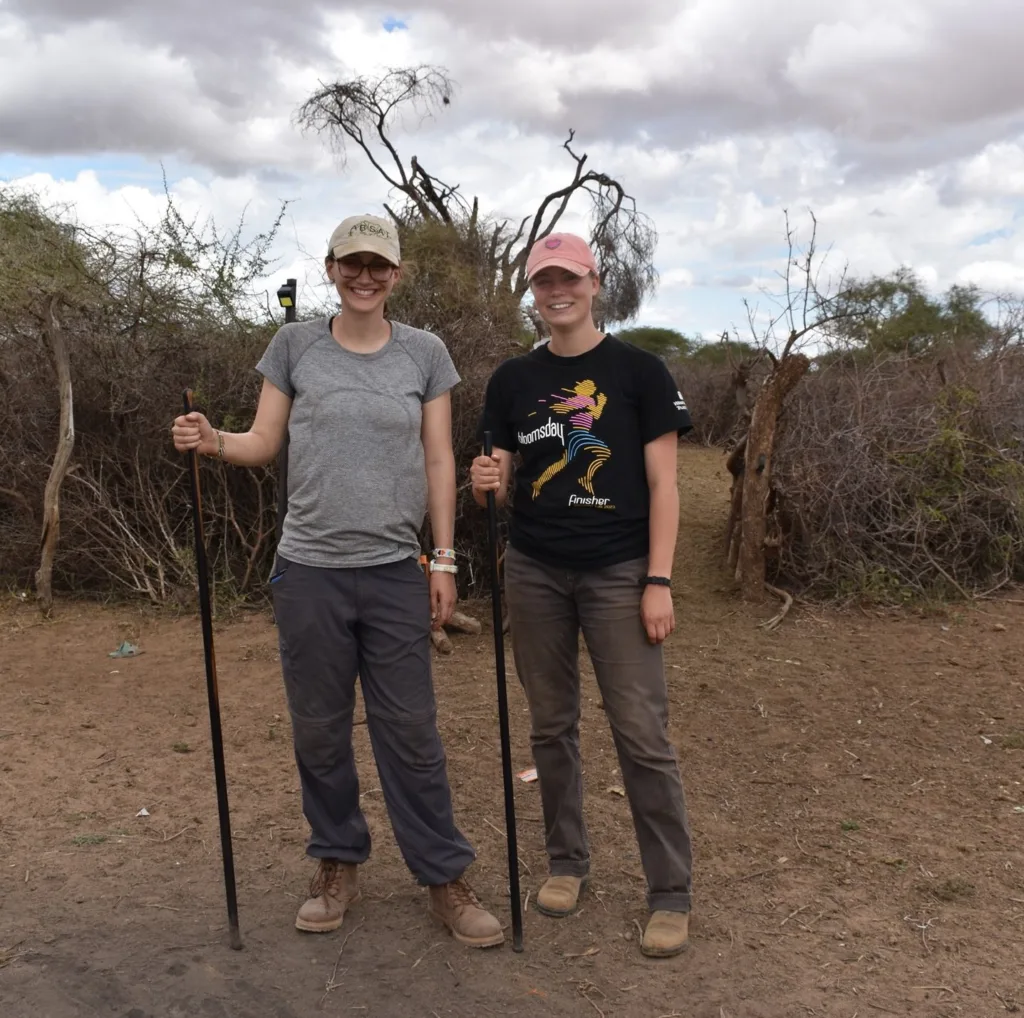Study Abroad Exports You to the Expertise
That’s a pretty arrogant title, right? The home colleges of The School for Field Studies (SFS) students have many excellent lecturers, leaders in their fields, who deliver challenging and engaging curricula on a daily basis. I am no more expert than they. But, I’m not referring to myself or even my highly capable SFS colleagues. I’m talking about the citizens and environmental researchers of the Turks and Caicos Islands, who every semester enrich our courses with their own personal experience.
We’ve just finished our mid-semester field trip to three of the country’s family islands, a trip during which we visited 7 different sites of interest and the students heard from 11 local experts not employed by SFS. Local artisans taught us how to make sturdy baskets and products to sell to tourists from just dried grass. Professional aquaculturists informed us of their plans to make the country’s seafood eating habits sustainable by replacing wild caught fish with farmed grouper, pompano, and cobia. Water management specialists showed us around their desalination plant, letting us know how the Turks and Caicos is making plans to help increase its resilience to water shortages caused by climate change. Perhaps most special however was our two day encounter with one of the nation’s leading scientists, Bryan Naqqi Manco.
An award winning naturalist, he manages projects designed to protect plant species that can only be found in the Turks and Caicos and each semester he accompanies us on a section of our field trip. Although my students are of course always highly engaged during my lectures (!) it’s impossible for the classroom to compete with Bryan’s stalagmite and stalactite tour of the bat colonies in the caves of Middle Caicos, or his tasting menu of the local herbal remedies found in the tropical dry forest of North Caicos. Following our recent visit several students asked me, “How does he know so much?” Only Bryan can answer that question, but I know the field trip is 110% better with him on it. His in-depth knowledge of the Turks and Caicos brings my teaching to life in a way that I just never could on my own.

Being located in the “field” means that bringing in outside expertise is not just limited to field trips. Local pastors, fisheries enforcement officers. and the national Director of Culture have already visited the Center for Marine Resource Studies (CRMS) this semester, and we still have encounters with local tourism developers, community leaders, and fisheries workers to look forward to. I adored my undergraduate course in geography, but not once did I meet any of the people who were the subject of my studies. SFS students meet the people they study every week, and better still… they learn from them.
Related Posts

Cinder Cone Chronicles: Lessons from Drought, Data, and Determination

